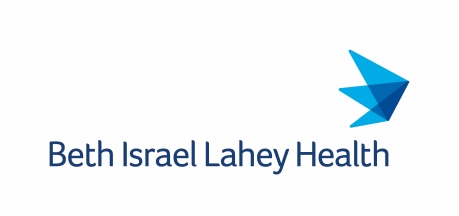Newswise — Healthy eating, exercise and good sleep habits are all important to maintaining heart health. But the following routine screening tests are also a key step to taking care of your heart.
Blood pressure. High blood pressure, or hypertension, usually has no symptoms, which is why it’s especially important to have regular screenings. “High blood pressure greatly increases your risk of heart disease and stroke as well as damaged arteries,” says Brett Carroll, MD, Director of Vascular Medicine in Beth Israel Deaconess Medical Center’s CardioVascular Institute and Medical Director of the Aortic Center.
High blood pressure can cause aneurysms, damage the heart, and over time, lead to coronary artery disease or heart failure, a condition that causes heart muscle to weaken and work less efficiently.
For healthy individuals, blood pressure should be checked at your annual physical exam with your primary care physician. A healthy blood pressure reading is 120/80 mm Hg or lower. If your blood pressure is higher than 120/80, your doctor may want to check it more often.
Fasting lipoprotein panel (cholesterol). Beginning at age 20, everyone should undergo this screening test, which measures total cholesterol, LDL (bad) cholesterol and HDL (good) cholesterol. Like high blood pressure, cholesterol may need to be checked more frequently in patients who are at increased risk for heart disease, arterial disease or stroke.
“It’s important to remember that many heart and vascular conditions are slowly developing over many years,” says Carroll. “Regular checkups can uncover potential problems at an early stage, when conditions can be treated through lifestyle adjustments or medications.”
Body mass index. Being overweight is a well-known risk factor for heart problems. Measurements of waist circumference and body weight can be used to calculate body mass index (BMI), a number that helps to determine healthy body weight and composition.
Blood glucose. High blood glucose (sugar) levels put you at greater risk of developing insulin resistance, prediabetes and type 2 diabetes. Untreated diabetes can lead to heart disease and stroke. ”For patients who are overweight and have at least one additional cardiovascular risk factor, we often recommend a blood glucose test,” says Carroll. The American Diabetes Association recommends regular screening for diabetes risk beginning at age 45, with repeated tests every three years.
Other screenings. Men between the ages of 65 and 75 who have ever smoked should have a one-time ultrasound screening for abdominal aortic aneurysm. In addition, men and women over 60 with a family history of abdominal aortic aneurysms should talk with their doctor about getting screened.
Know Your Numbers (source: National Institutes of Health)
| Target Body Mass Index (BMI) | 18.,5- 24.9 |
| Waist Size | Men, less than 40 inches Women, less than 35 inches |
| Blood pressure | 120/80 mm Hg or less |
| LDL (bad) cholesterol | Less than 100 mg/dl |
| HDL (good) cholesterol | Men, more than 40 mg/dl Women, more than 50 mg/dl |
| Fasting blood glucose | Less than 100 mg/dl |
